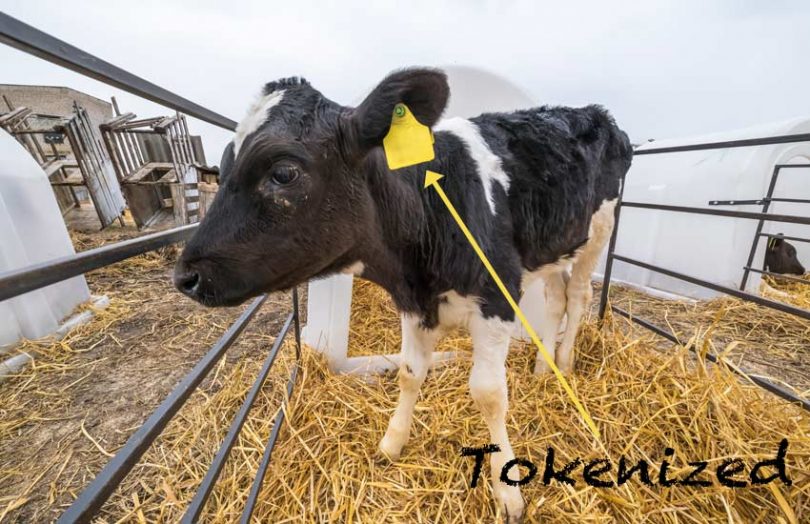During a panel today at the OECD Global Blockchain Policy Forum, there was a discussion about how tokenization enables greater financial inclusion. In many cases, assets such as bonds that would usually require large investments can be fractionalized using blockchain because it radically cuts the cost of issuance and distribution. However, even if the investment amount is significantly smaller, many types of assets require wealthy accredited or professional investor status. This inhibits the accessibility enabled by fractionalization.
It was noted that Robinhood and cryptocurrency platforms have highlighted retail investor appetites.
“We may all think that we need to protect them from making big mistakes, etc., but the point that the retail investors are making is that they want access to certain products,” said Benedict Nolens, who heads up the central bank-backed BIS Innovation Hub in Hong Kong.
“If investors show knowledge and experience of certain products, I think they should be allowed to have access to these products. Maybe not too complex products like the derivatives and the highly leveraged products,” she said.
In the United States, the accredited investor designation was recently relaxed somewhat, but arguably the bar is still quite high. Investors that aren’t wealthy need to have investment adviser qualifications. Nolens, who didn’t discuss the U.S. and is more focused on Asia, argued for targeted tests.
She said the current investor requirements in many jurisdiction “completely defeats the point” because you “fractionalize it and tokenize it in part on purpose to give access to retail investors.”
The Hong Kong BIS Innovation Hub is exploring fractionalizing green bonds. However, the accredited investor issue has been sidestepped because government bonds are already accessible to retail investors.
Financial inclusion for asset owners
Sopnendu Mohanty, Chief FinTech Officer at the Monetary Authority of Singapore, gave a great example of a different kind of financial inclusion. He discussed how farmers often lack access to funding because they don’t have collateral to provide to banks. A Singapore startup InfoCorp is tokenizing farmers’ livestock, which then provides something concrete and tangible for the banker to fund.
“You’re almost bringing capital that is dead to a new asset class,” said Mohanty.
Nolens noted a similar concept for reforestation and many of the new ideas are coming from the unregulated cryptocurrency sector.
“We need to recognize that in the highly regulated sector, we’ve not been able to create these markets in the past. I think we sometimes need to have a look, let’s say, outside of our closed garden,” said Nolens. “And once we realize what is possible, we may need to bring it into our garden.”






